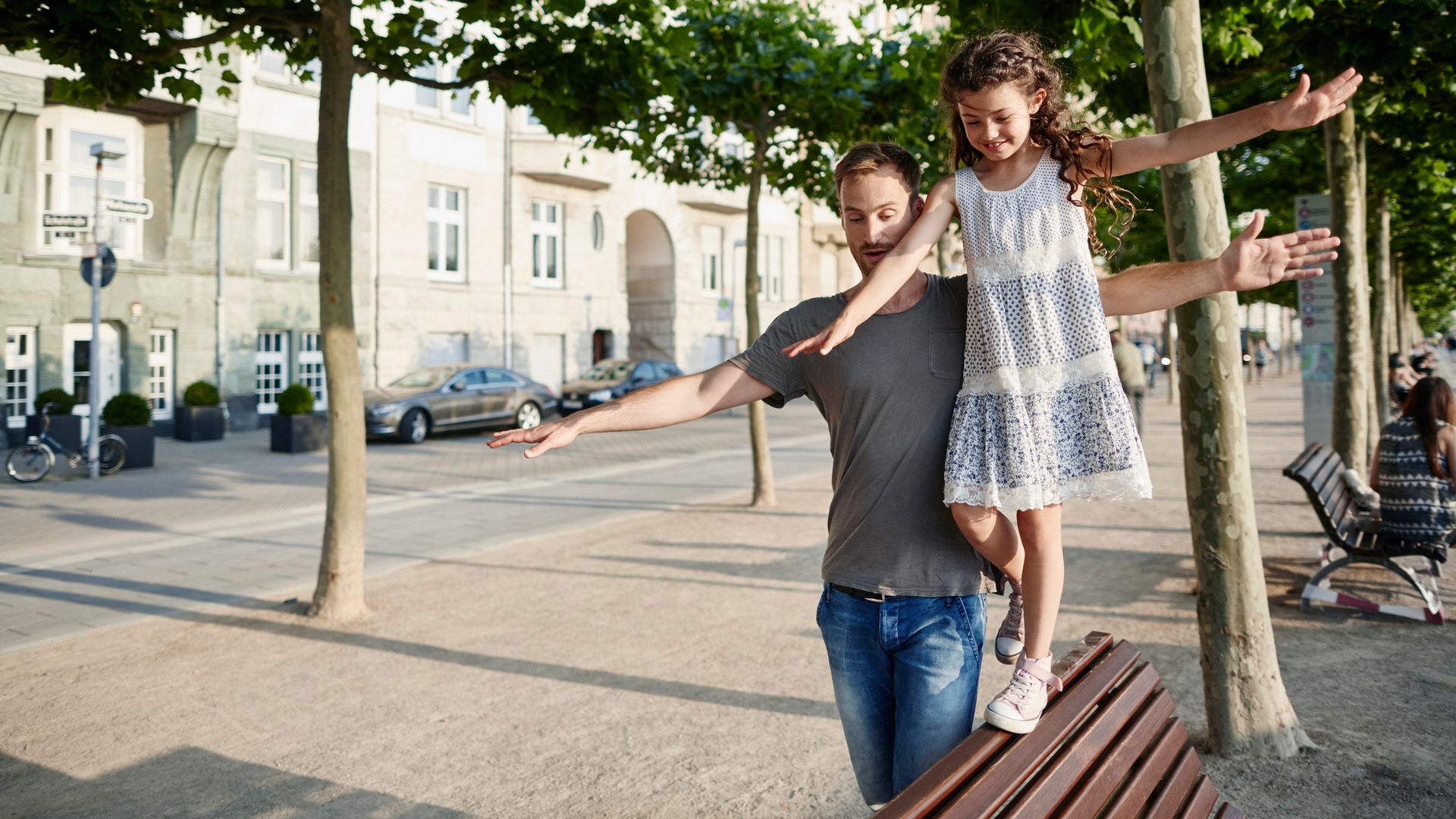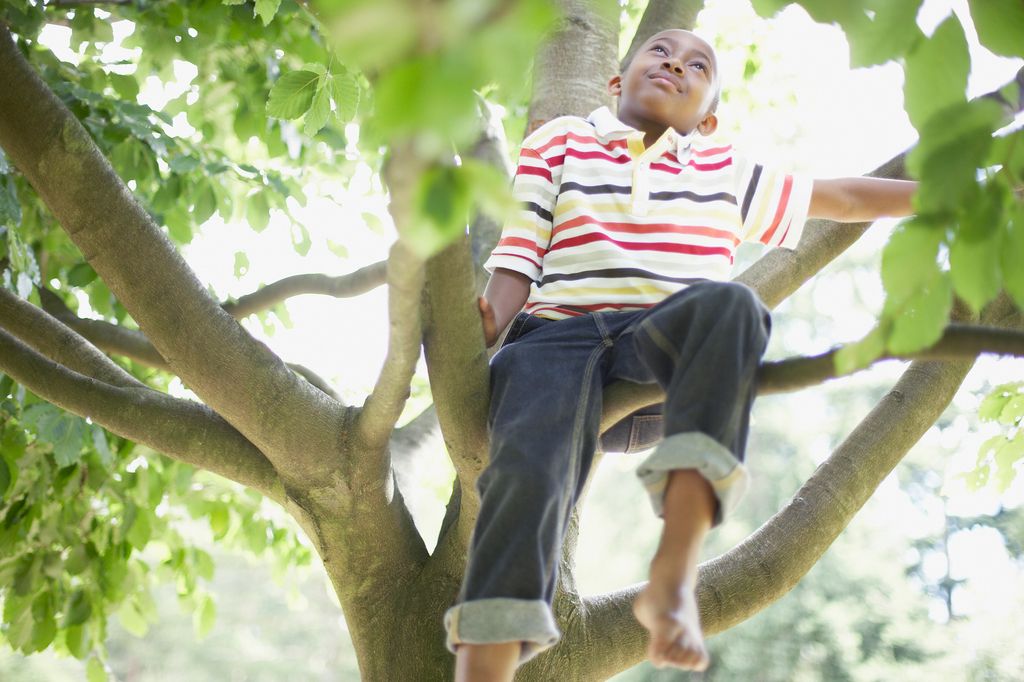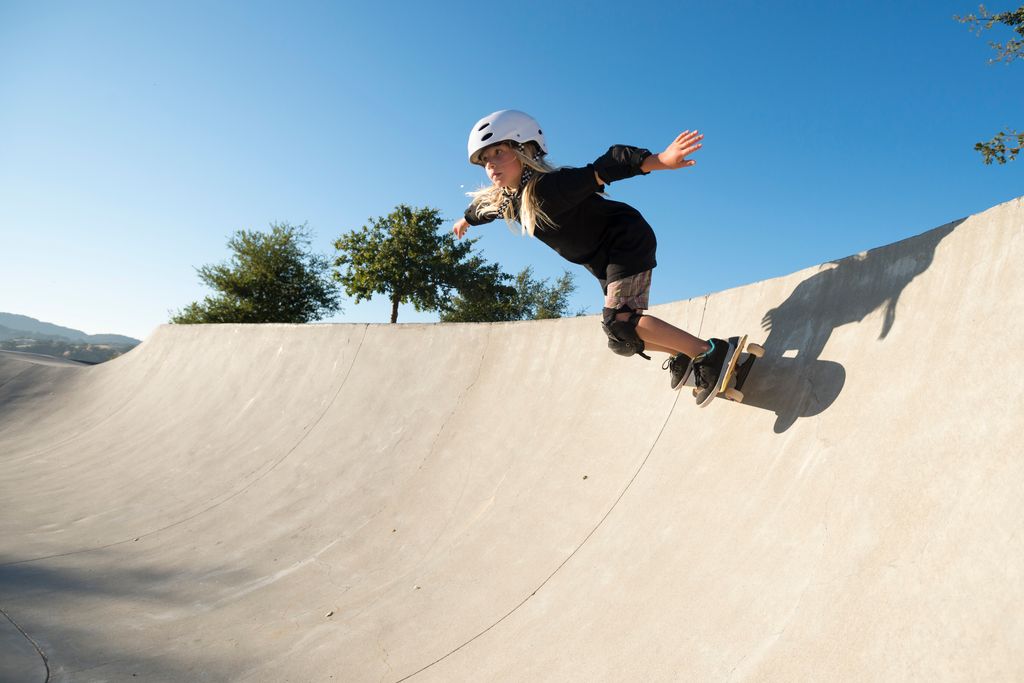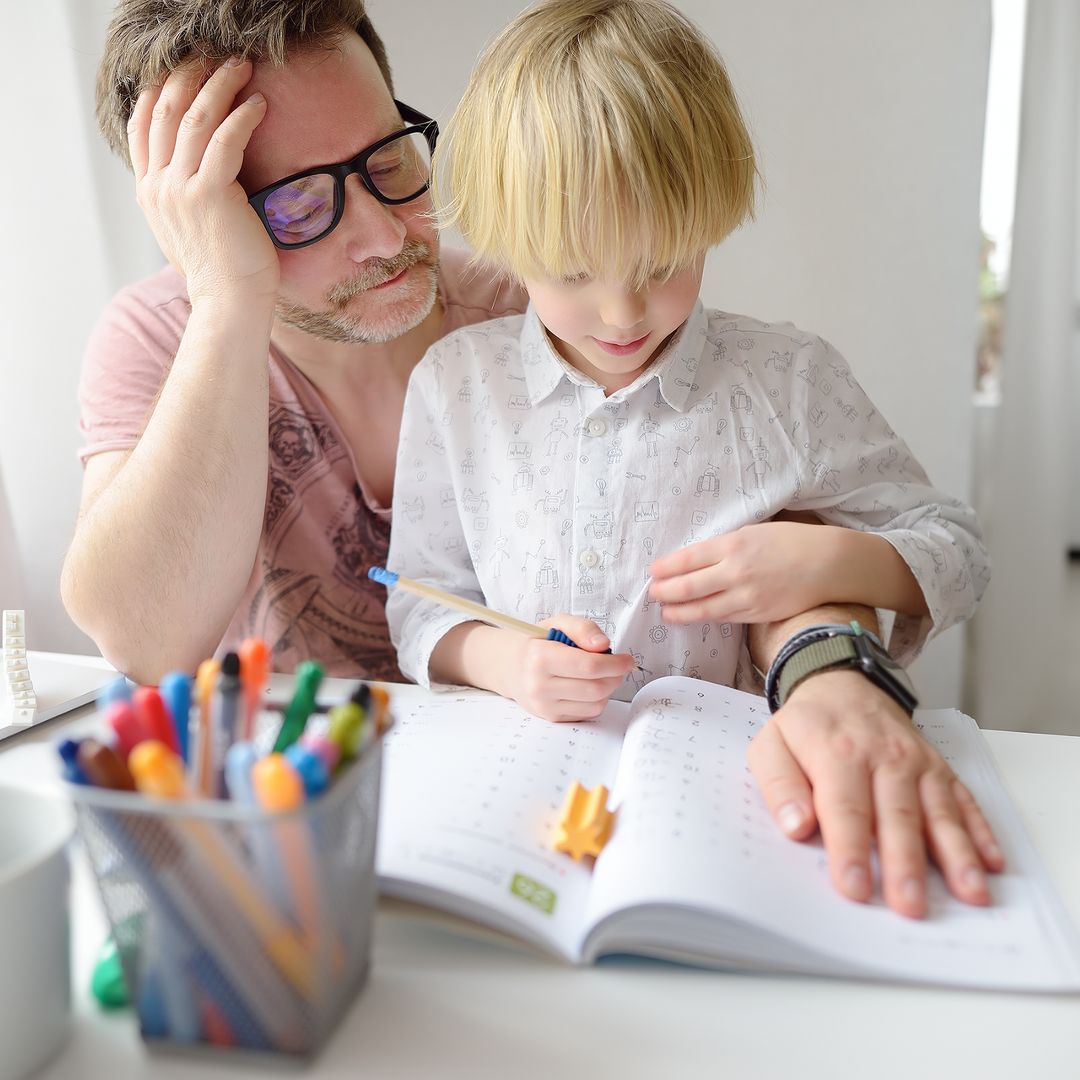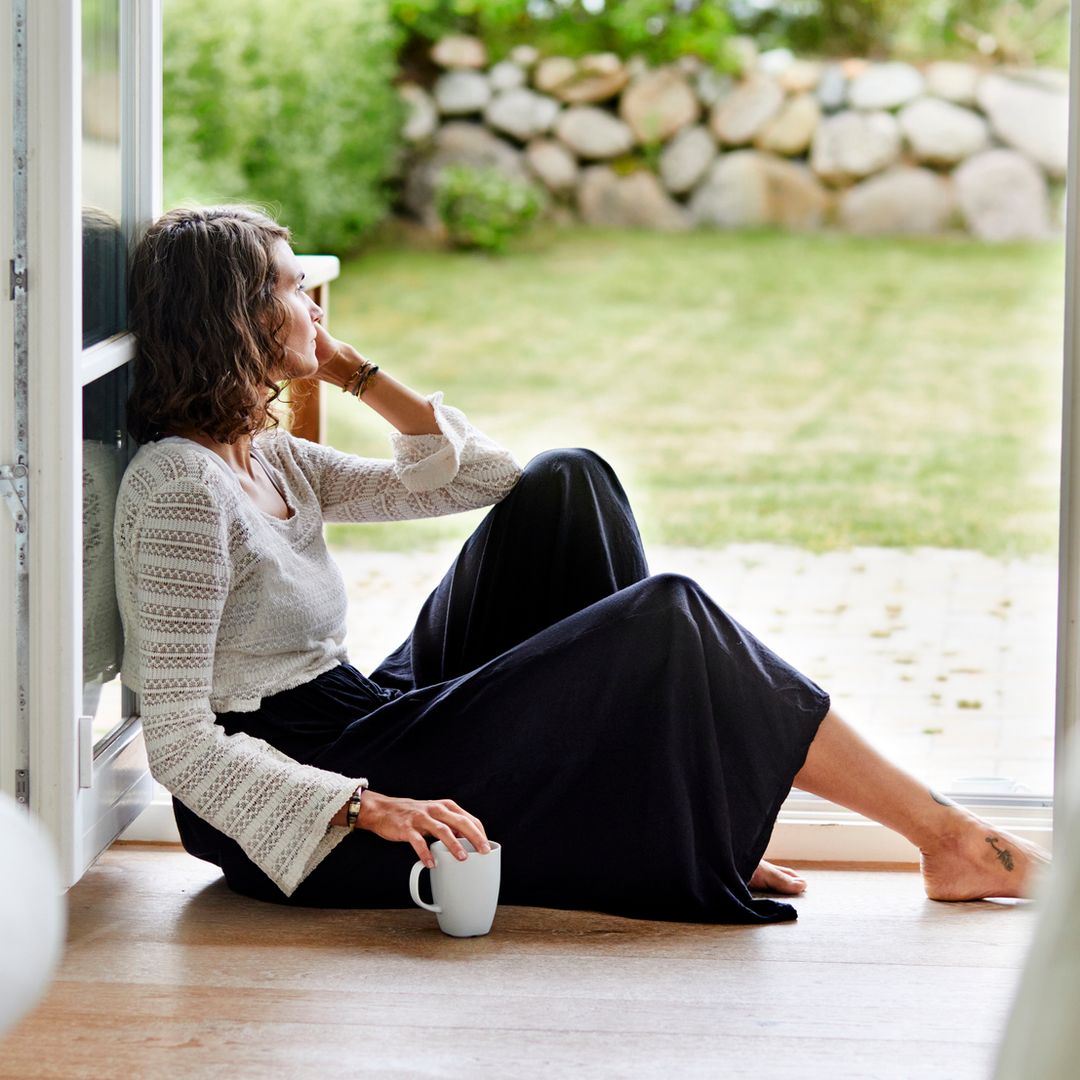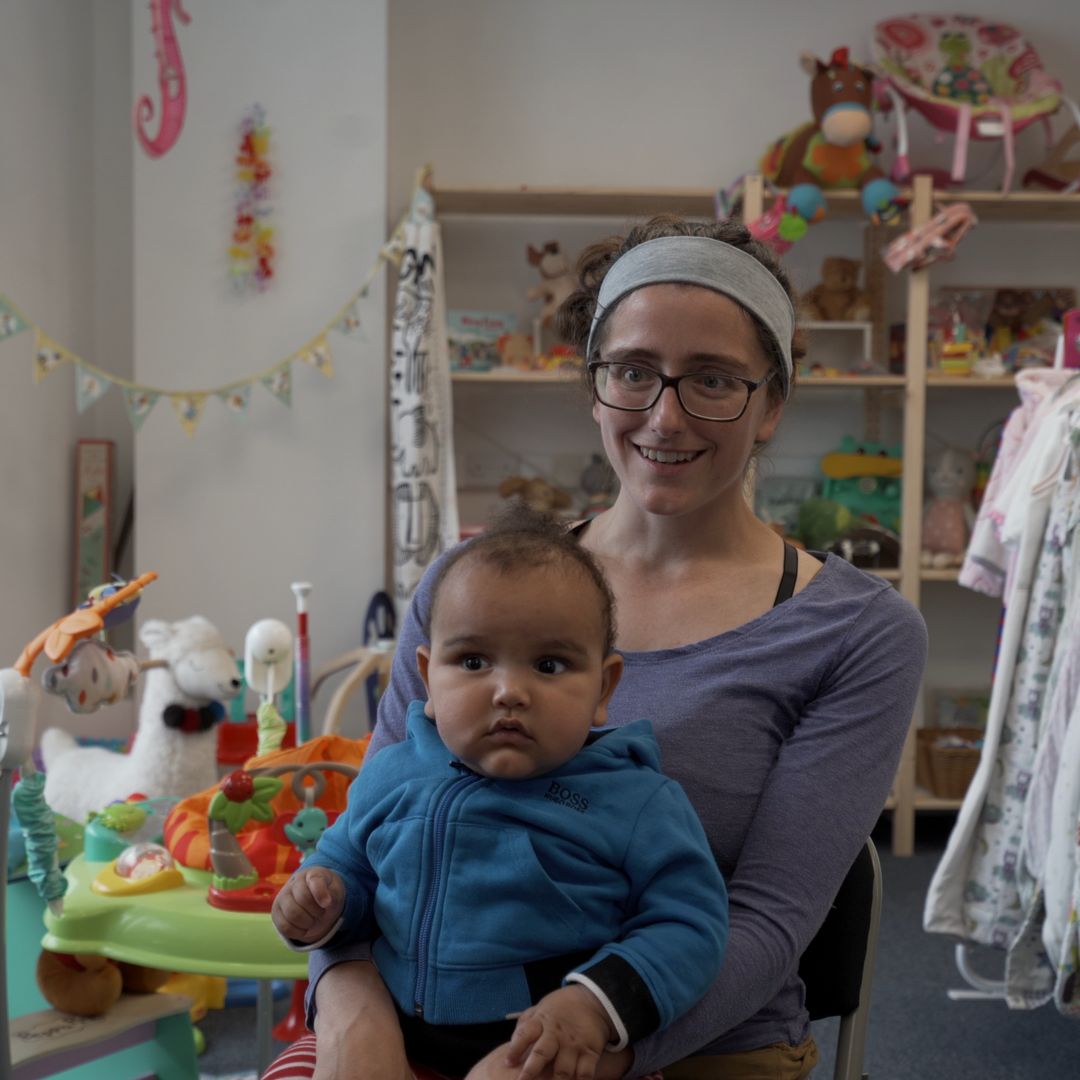Do you let your child take healthy risks in their life?
New research from the British Exploring Society has revealed 92% of Brits believe that risk taking is crucial to boosting self-confidence - and let's face it, taking the odd healthy risk makes life much more exciting.
Think rolling down hills, building dens, bike riding, building dams over streams – good wholesome fun. Yes, there's a tiny risk your child could get hurt, but they could also injure themselves accidentally at home. Life is for living.
Honor Wilson-Fletcher, CEO of the British Exploring Society, says: "Becoming an independent person and understanding your own limits and capabilities depends on being given the chance to test yourself and learn from failing as you grow up.
"This is all done ideally in a supportive environment where others mirror the same behaviours. This can start young and reaches its most critical phase in adolescence, as young people literally 'find themselves'."
Below, Honor shares her thoughts on how parents and carers can support that process:
How parents can let their children take more risks
1. Becoming better at assessing risks is all about experience. Learning the confidence to make decisions and being given the freedom to do so, you must have a chance to practice. This is very likely to be as hard for you as a parent or carer as it is for the young person so brace yourself! But this is epic parenting, so it's worth it.
2. Young people are bombarded with messages about safety – both off and online – but not about the positive benefits and necessity of choosing to take some risks in life. When you come across 'good risk taking' in a book or on TV, for example, flag it and chat about it. Their favourite musician or even character in a book or TV show may prove to be an excellent role model in balancing risk and having fun / making magic happen.
3. Encouraging young people to consider their own appetite for risk taking can be a hugely positive experience. Talk with them about the balance between doing what they want and what the consequences might be.
Our research found that being a healthy risk taker not only allows young people to become more confident (44%) as they get older but also have more enriched life experiences (33%). Therefore, rather than prohibiting higher risk activities, encourage them to think more for themselves and understand the pros and cons of their decision.
4. Positive risk taking is not about being frightened and there is a world of difference between genuine fear and nervousness. Well managed group activities, such as the expeditions we conduct at British Exploring Society, can be very helpful in unravelling wobbliness and nerves. Helping to build confidence and understand the positives from risk taking can open the door to exhilaration and achievement of new experiences and even new friendships.
5. Openly role model trying new things yourself or with your child. Talk about what you might like to try. Perhaps it’s a new activity such as indoor climbing or maybe even learning to swim. Talk about why it would be nice to try this together and how it might feel doing this activity together, how it feels when it goes well, but importantly, how it feels when it doesn’t go well. But be sure to discuss the why. Why did it not go well and what can you do next time to make sure it goes well?
6. Be aware of the language you use when talking about risks (or adventures). Do you differentiate between bad risks and the significant dangers, as well as the opportunities that come from positive risk taking? Don’t make risk-taking a constant negative which can lead to children or young people fearing or afraid to try something new.
7. Positive risk taking and the natural world are great friends. The National Trust has a wonderful list of '50 things to do before you’re 11 and ¾' and each idea is something every child would ideally have a chance to try.
To find out more about the British Exploring Society please visit their website at: britishexploring.org
